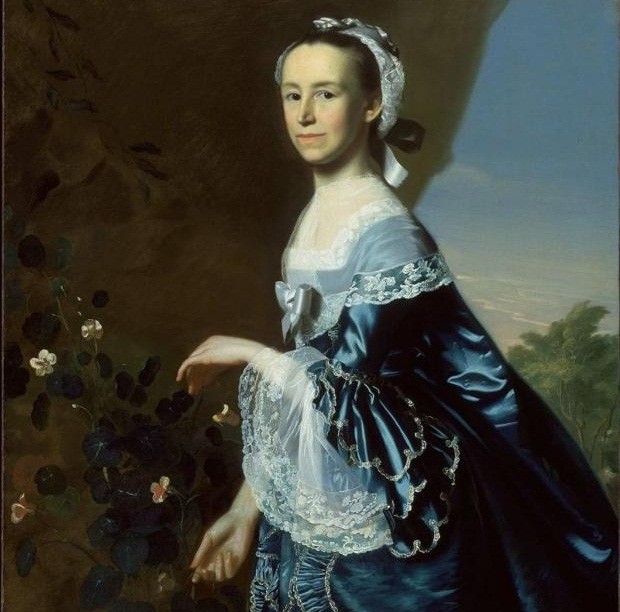Thou shall not plagiarize. Warnings of this sort are delivered to students each fall, and by spring at least a few have violated this academic commandment. The recent scandal involving Senator John Walsh of Montana, who took his name off the ballot after evidence emerged that he had copied without attribution parts of his master’s thesis, shows how plagiarism can come back to haunt.
But back in the days of 1776, plagiarism did not appear as a sign of ethical weakness or questionable judgment. Indeed, as the example of Mercy Otis Warren suggests, plagiarism was a tactic for spreading Revolutionary sentiments.
An intimate of American propagandists such as Sam Adams, Warren used her rhetorical skill to pillory the corrupt administration of colonial Massachusetts. She excelled at producing newspaper dramas that savaged the governor, Thomas Hutchinson, and his cast of flunkies and bootlickers. Her friend John Adams helped arrange for the anonymous publication of satires so sharp that they might well have given readers paper cuts.
An expanded version soon followed, replete with new scenes in which patriot leaders inspired crowds to resist tyrants. Although the added material uses her characters and echoes her language, they were not written by Warren. As she tells the story, her original drama was “taken up and interlarded with the productions of an unknown hand. The plagiary swelled” her satirical sketch into a pamphlet.

But Warren didn’t seem to mind the trespass all that much. Her goal was to disseminate the critique of colonial government. There’s evidence that she intentionally left gaps in her plays so that readers could turn author and add new scenes to the Revolutionary drama.
Original art was never the point; instead art suitable for copying formed the basis of her public aesthetic. In place of authenticity, imitation allowed others to join the cause and continue the propagation of Revolutionary messages.
Could it be that plagiarism was patriotic?
Thankfully, this justification is not likely to hold up in today’s classroom. There’s no compelling national interest that requires a student to buy and download a paper on Heart of Darkness.
Warren’s standards are woefully out of date. And yet, she does offer a lesson about political communication that still has relevance. Where today we see plagiarism, she saw a form of dissent had been made available to others.
Headline image credit: La balle a frappé son amante, gravé par L. Halbou. Library of Congress.
The post Plagiarism and patriotism appeared first on OUPblog.


